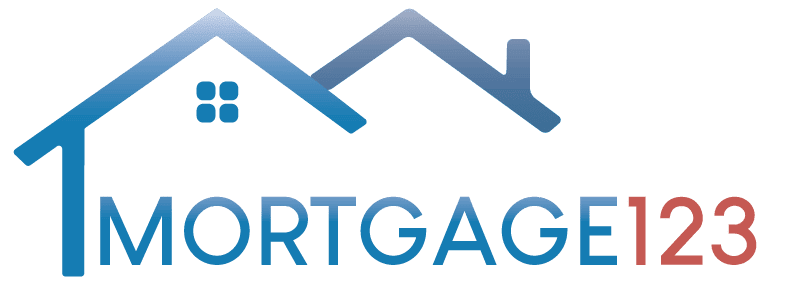Let’s discuss mortgage affordability and why the “4 times income” rule may not always apply.
Central Bank of Ireland loan-to-income limits
The Central Bank of Ireland introduced mortgage measures in 2015, revised in 2023, to ensure sustainable lending standards in the mortgage market. Read our Blog Mortgage Changes from January 2023.
For first-time buyers, the Loan-to-Income (LTI) limit restricts the amount of money you can borrow to a maximum of 4 times your gross income (combined income if a couple). Don’t forget to add bonuses and over payment (averaged over past 3 years)!
Second/subsequent buyers have a slightly lower LTI limit, allowing them to borrow up to 3.5 times their gross income.
For example, a first-time buyer couple with a combined income of €100,000 can borrow up to a maximum of €400,000, while a second/subsequent buyer with the same income can borrow up to €350,000.
Children and adult dependents
Unfortunately, mortgage lenders do not see children as a benefit when assessing your mortgage application. Especially, single income families where one parent has stepped away from work to raise the family. Frequently, we get asked if a spouse can apply on their own for the mortgage. However, this may not always be straightforward for married couples.
Your mortgage broker will recommend mortgage lenders who do not penalise as heavily for dependents.
Credit cards/loans
Lenders assess your Debt-to-Income (DTI) ratio to determine how much of your income goes toward debt payments. A lower DTI (less debt relative to income) improves your chances of mortgage approval. Pay off existing debts or avoid taking on new ones before applying for a mortgage.
Pension contributions
As much as pension contributions are a great investment for your future, mortgage lenders may look at certain pension contributions as an expense. Any voluntary pension contributions made by the applicant will reduce the amount of mortgage loan extended. Therefore, run it by your mortgage broker if you are planning to make any changes to your PRSA or AVC contributions.
Repayment capacity and 4 times income
Repayment capacity represents the proven ability to repay a mortgage loan and it is made up of all the elements discusses above. This is one of the main calculations that mortgage underwriters go by when deciding how much of a mortgage loan to extend to you. It can be a combination of rent payments, transfers to savings accounts or monthly surplus income in your accounts.
The key thing with repayment capacity is the 6 month bank account statements you produce at the application stage.
Read more about Repayment capacity in our Blog.
Stress test
In addition to the repayment capacity calculation, mortgage lenders apply stress tests to assess if you can handle higher interest rates. A stress test usually calculates the monthly mortgage repayments based on 2-3% higher mortgage interest rate than what is on offer at present.
When the bank stress test the monthly repayment on the amount you are looking to borrow, you need to be able to demonstrate in those accounts how you would have been able to pay that figure for the past 6 months. They want to make sure that you will be able to afford potential rate increases during the mortgage term.
Remember that individual circumstances vary, and it’s essential to consult with a financial advisor or mortgage specialist to evaluate your specific situation. Furthermore, if you max out your 4 times income and you still need more to buy the house of your dreams, the First Home Scheme may be able to assist with up to 30% of the purchase price.

